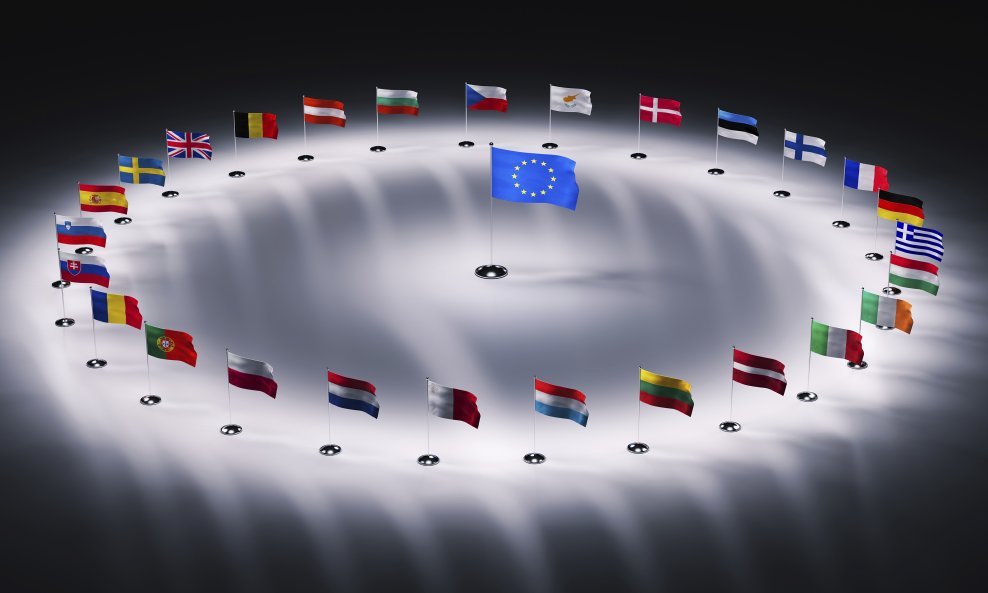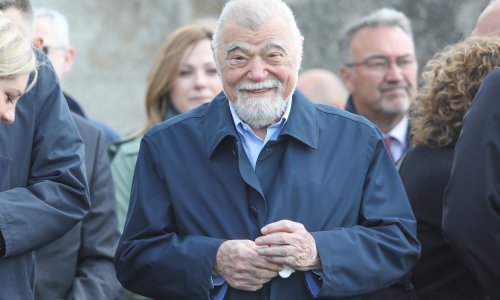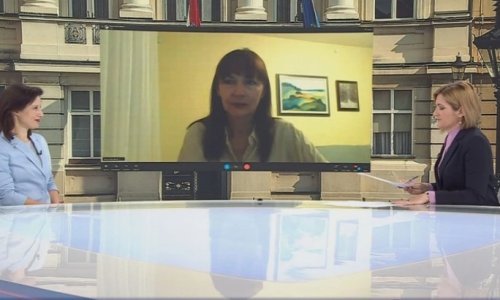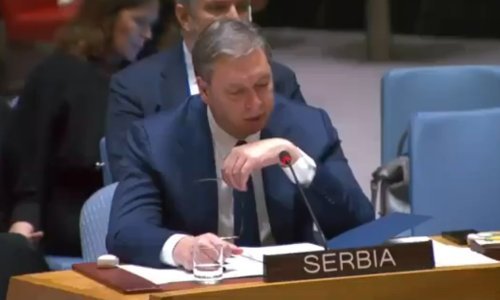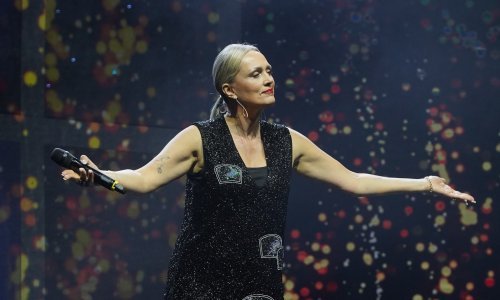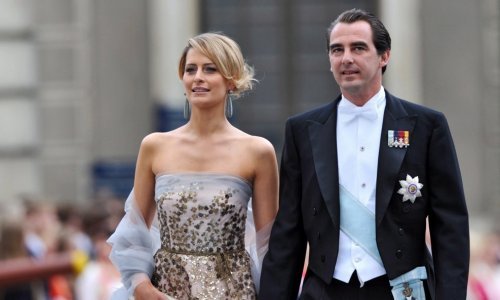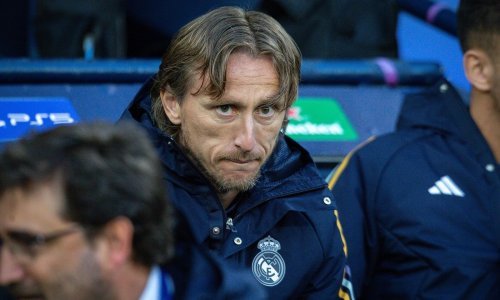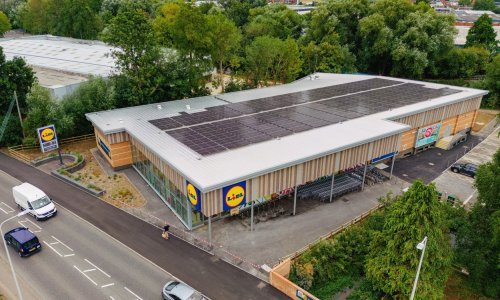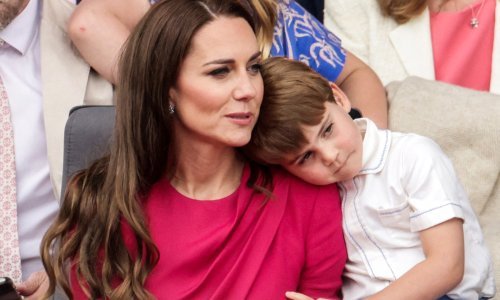Hungarian Foreign Minister Janos Martonyi said in Luxembourg on Tuesday he expected European Union member countries to agree the latest details on the completion of accession negotiations with Croatia and the European Council meeting later this week to be very important for Europe and Croatia.
I think everything will be all right, that we will agree on the final text, which we are working on now. I think we will have a very important European Council meeting for Europe and for Croatia on June 23, Martonyi said ahead of a meeting of the General Affairs Council meeting, which comprises the EU's foreign or European affairs ministers.
The meeting will address the completion of the accession negotiations with Croatia. Member countries still have to agree how to monitor Croatia's compliance with commitments in the period between the completion of the negotiations and accession, and the possible consequences in case the commitments are not being met.
The European Council, which comprises member countries' presidents or prime ministers, is expected to adopt at its summit on Thursday and Friday a political decision on the completion of Croatia's accession negotiations by the end of this month and on the signing of an accession treaty by the end of the year.
French European Affairs Minister Laurent Wauquiez said he was pleased that his government's idea on commitment monitoring had been well-received by the other EU countries.
We have reconciled two things, creating conditions for enlargement and making it possible for Croatia to become a successful enlargement story, while at the same ensuring serious enlargement and preventing the possibility of easing up reform efforts or enabling enlargement for mere pleasure, he said.
Asked if any measures had been envisaged in case Croatia did not meet its commitments, Wauquiez voiced confidence that would not happen and said the purpose of the monitoring was to predict possible consequences in such cases.
France is very satisfied with the course of the negotiations. Croatia's big efforts have been recognised and many countries have embraced the French motion, whose purpose was to ensure serious enlargement and prevent the possibility of easying up on reforms, said Wauquiez.
The German state secretary for European affairs, Werner Hoyer, said the monitoring made it possible to adopt certain measures, without bringing into question Croatia's EU accession.
The Council and the Commission will constantly monitor if Croatia is complying with the membership requirements and it is possible, as stated in the text, to adopt measures, but this does not bring Croatia's membership into question, said Hoyer.
Major headway has been achieved in the negotiations with Croatia and German-French cooperation has been especially important, notably about the monitoring. All obstacles seem to have been removed and I think nothing will prevent the reaching of agreement, he added.
Polish European Affairs Minister Mikolaj Dowgielewicz, whose country will chair the EU in the second half of the year, said he expected the accession treaty to be signed by the end of the year.
We hope very much that the treaty will be signed during the Polish presidency, which Croatian Prime Minister Jadranka Kosor has agreed with our Prime Minister Donald Tusk. That is our plan and we are determined to carry it out, he said.
Belgian Foreign Minister Steven Vanackere said the Croatian government had done a big job in the negotiations, adding he was pleased that eight negotiation chapters were closed during Belgium's EU presidency in the second half of 2010.
He said enlargement was a process based on the logic of merit and that it was important to make sure that the case of the two members that joined the EU not ready did not happen again.



